Building a Prosperous Future

Sierra Leone, a small West African country of almost 8 million people, has made significant strides in economic growth and poverty reduction since the country’s civil war ended in 2002, but its positive trajectory was interrupted by the arrival of Ebola 2014. The virus killed almost 4,000 people in Sierra Leone and dealt a severe blow to the country’s economy.
In the capital city of Freetown, rapid urbanization and aging infrastructure contribute to frequent water and power outages. Improved access to fundamental needs like safe water and reliable electricity would give residents the opportunity to live healthier, more productive lives, allow businesses to grow and thrive, and promote economic growth.
In 2015, MCC and Sierra Leone signed a $44.4 million threshold program to support policy reform, build capacity, and improve governance in the water and electricity sectors. Focusing MCC’s investments in these key areas aligned with the Government of Sierra Leone’s national strategy to reduce poverty and create sustainable, long-term economic growth and with MCC’s principles of country-ownership, transparency, and commitment to good governance.
Changing Lives with Access to Fundamental Needs
Expanding Water Access
Freetown’s water utility, the Guma Valley Water Company (GVWC), supplies water to about 60 percent of the population of Freetown. The Guma Valley Dam, Freetown’s single water supply source, was originally built more than 50 years ago to supply water to 500,000 people, but the population has since more than doubled. As Sierra Leone works to limit the impact of the COVID-19 pandemic, access to safe water has become even more necessary to prevent the spread of the virus and protect the health of all Sierra Leoneans.
Given these challenges, GVWC struggles to meet the demand of Freetown’s growing population, and water shortages are a constant concern. When water access is lacking, citizens have to travel at all hours of the day and wait in long lines to collect water. Women and girls are most likely to shoulder the burden, as they are most often responsible for the daily task of managing household water resources. And every day, women and girls face risks of sexual harassment and violence because they don’t have a private, safe sanitation facility or water close by. According to the United Nations Children’s Fund, women and girls around the world spend 200 million hours daily collecting water to provide for their families, sometimes traveling long distances.
The threshold program worked towards improving access to water in two areas of Freetown that had not had reliable water access in more than a decade. The program built 10 new water kiosks using a model with the potential to be replicated to provide safe, accessible, and financially sustainable water to citizens and reduce time spent collecting water. Less time spent on water collection means women and girls can use their time more productively to pursue education, employment, and other activities that help increase family incomes and foster economic growth in their communities. Measures were also put in place to promote community safety when residents use the kiosks, including formal hours of operation, secure lighting, and community-led codes of conduct for behavior.
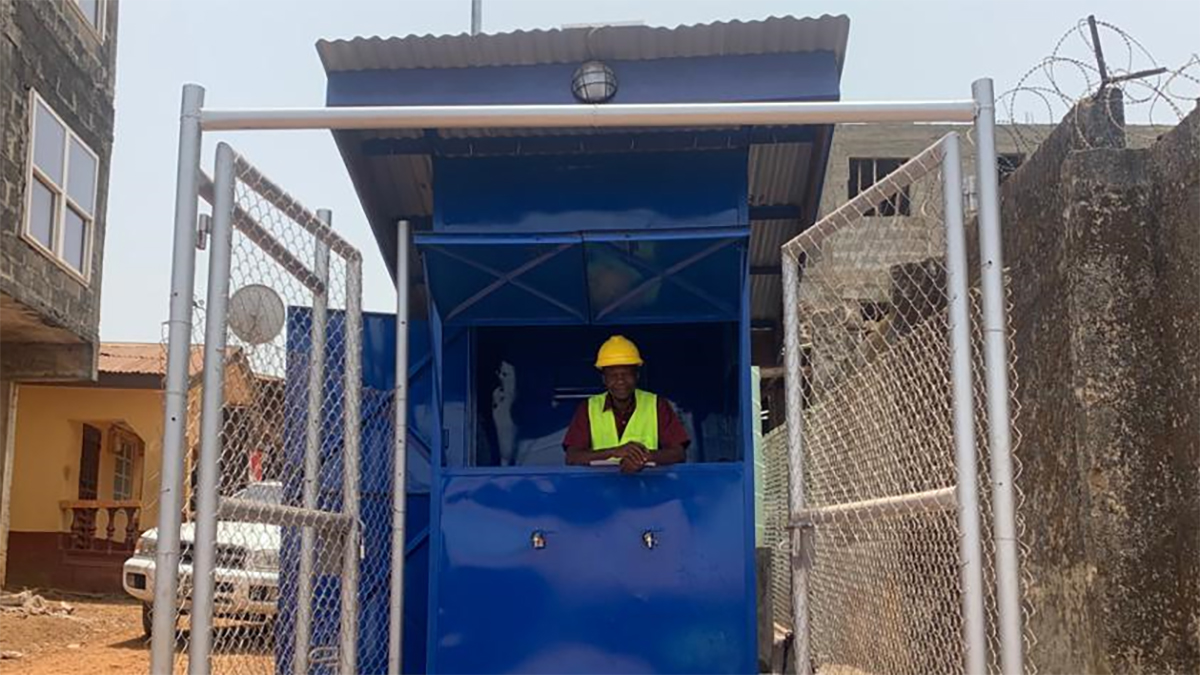
MCCU Sierra Leone
One of the 10 new kiosks installed in Freetown.
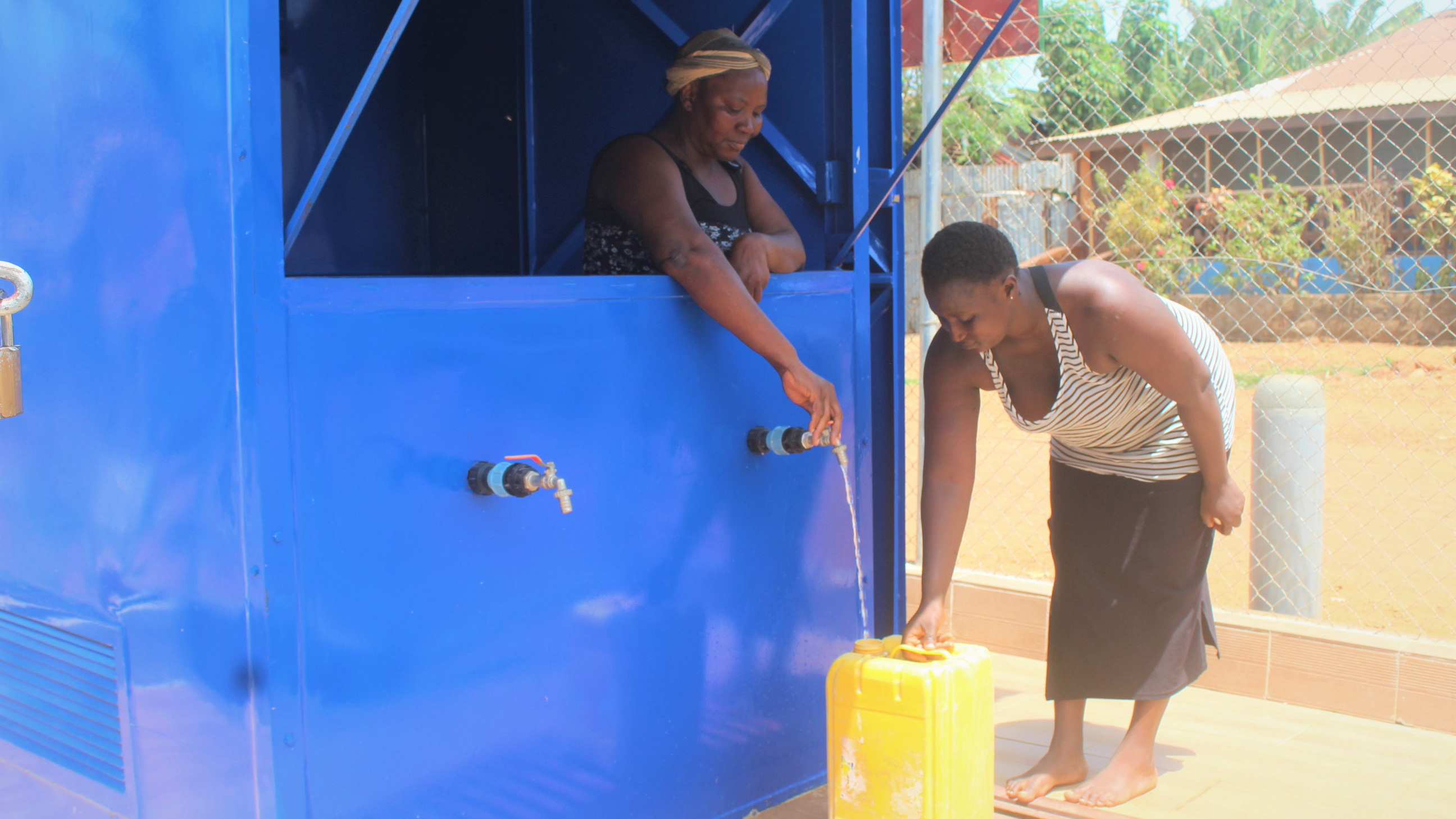
MCCU Sierra Leone
MCC’s Sierra Leone Threshold Program activities included installing new water pipes and water distribution kiosks, like the one pictured above, in the capital city of Freetown.
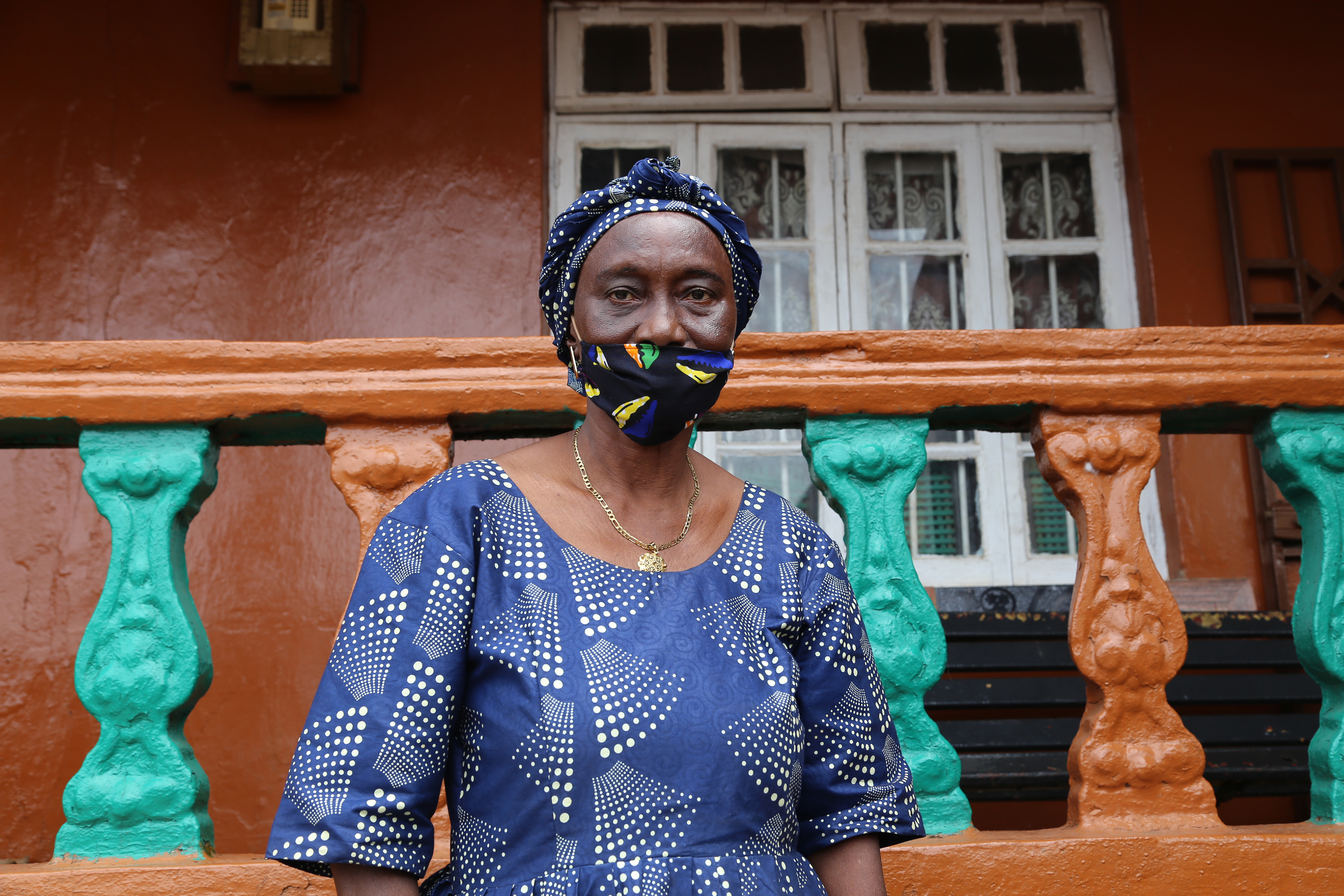
MCC
Khadijatu Aberdeen received in-home water access through the threshold program and can now access clean water directly in her own home.
The threshold program also mapped Freetown’s water network to improve sanitation and hygiene services. A new digital map of Freetown’s water distribution system—the first of its kind for Sierra Leone—allows the Guma Valley Water Company to better assess the water system’s performance and more efficiently address service delivery problems. The nation’s first-ever national water sector roadmap was also established as part of the program, providing a blueprint to extend water, sanitation, and hygiene services in cities and district headquarter towns by 2023, and with the goal of reaching all urban areas by 2030.
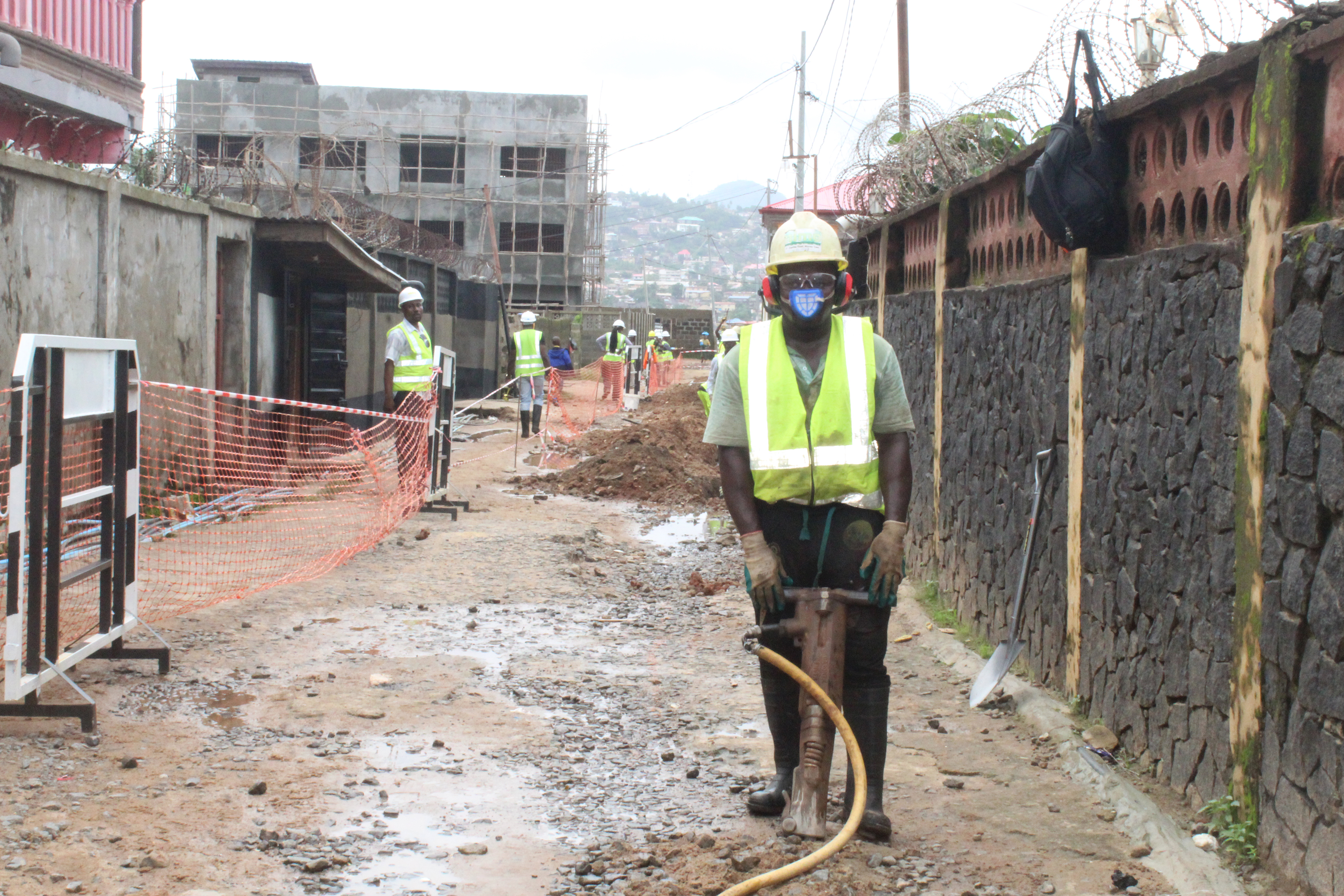
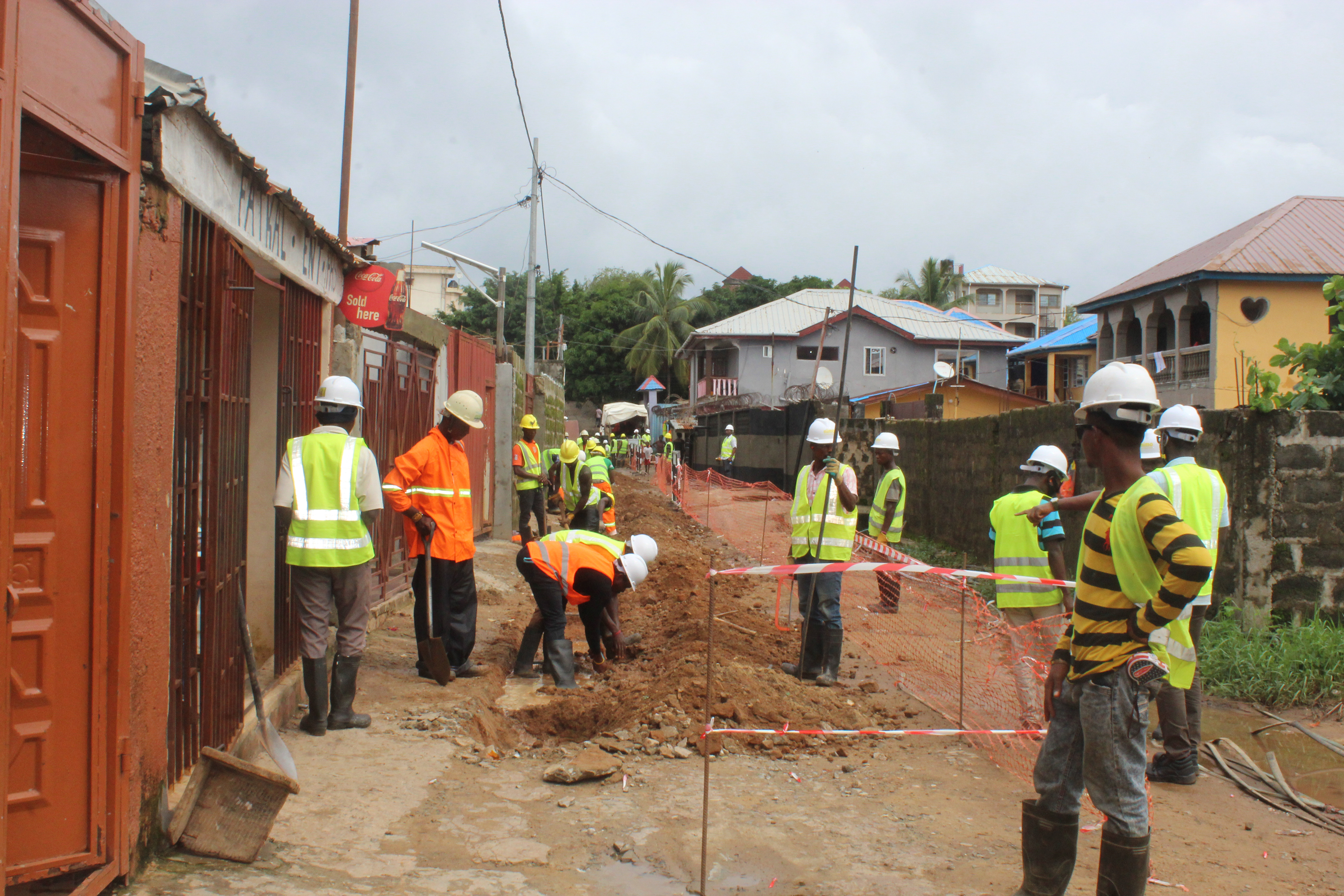
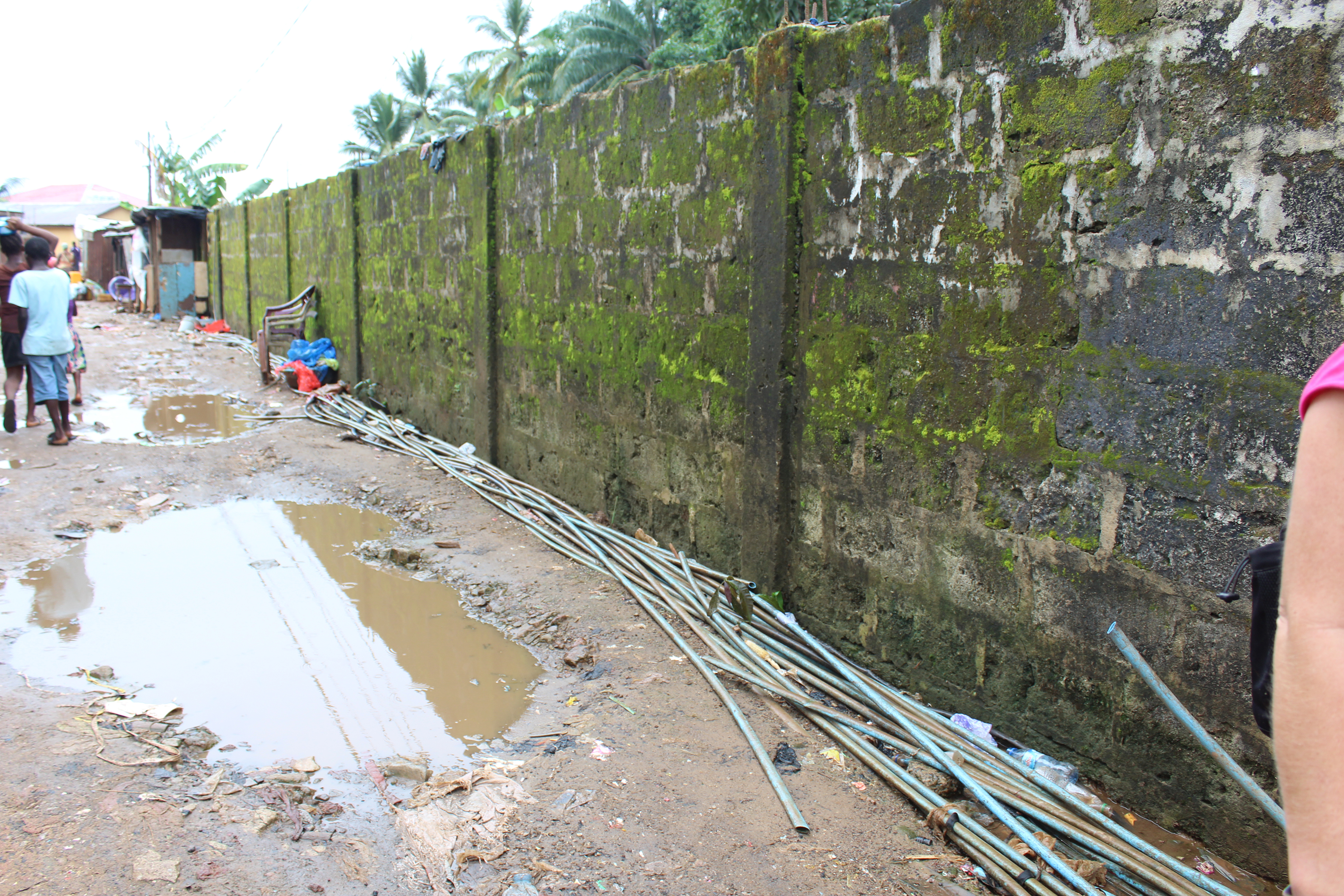
MCCU Sierra Leone
Old, plastic spaghetti pipes were used to illegally pipe water, causing water loss and water contamination. Spaghetti pipes were removed and replaced with 100mm ductile iron pipes.
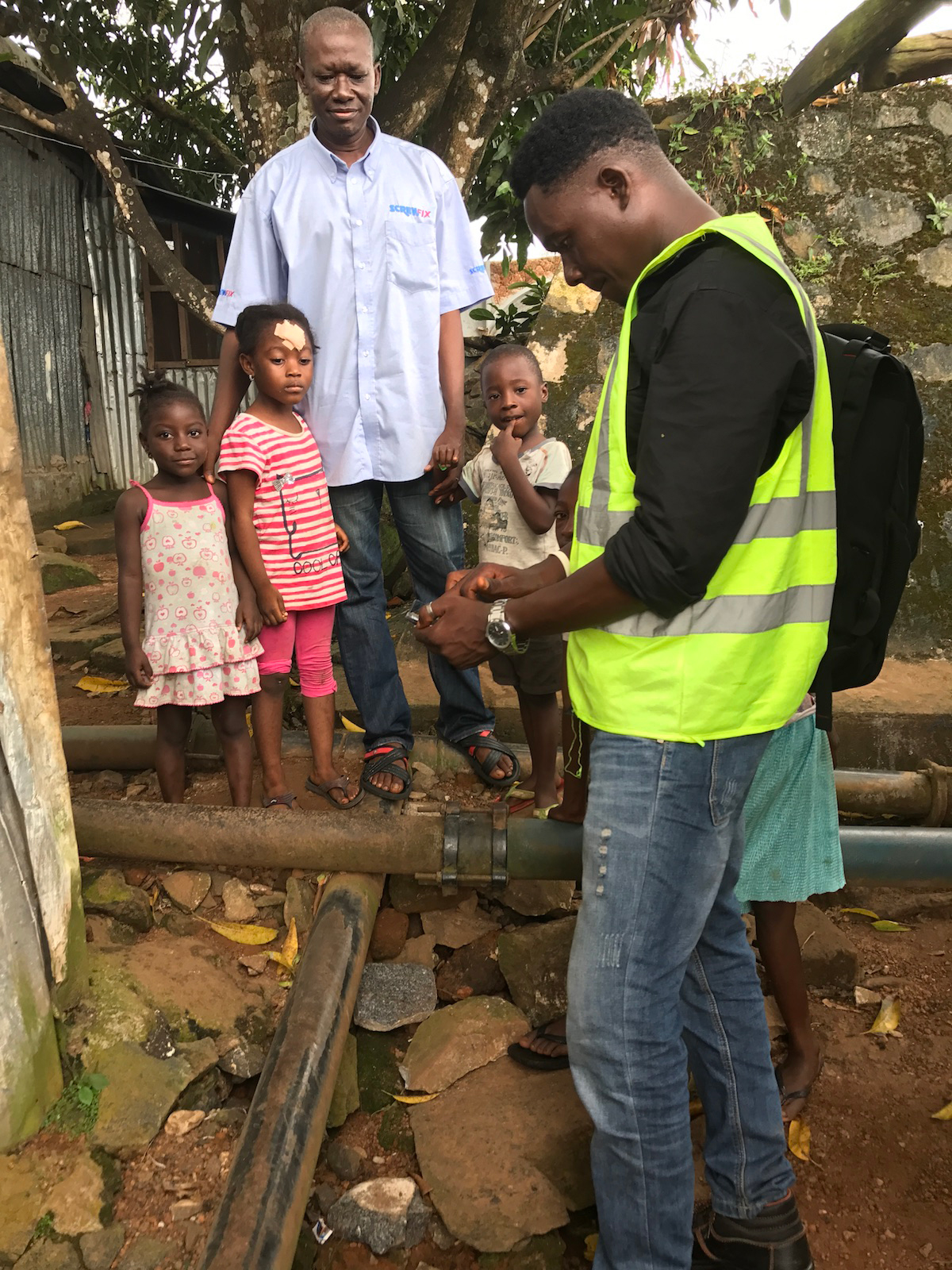
MCC
A family looks on as technician Dennis Koroma maps water pipes, many of them exposed, in Freetown.
Enabling Greater Electricity Access
Having reliable access to electricity means students can study at night, hospitals can treat patients with better equipment, and businesses can grow and thrive. The threshold program has helped lay the groundwork to increase access to electricity and to improve the operational and planning capacities of utilities in the electricity sector.
A new enterprise geographic information system (GIS) created the first customer database and map of network assets to improve the commercial and technical operations of the electricity distribution utility. And a new electricity sector roadmap, integrated resource plan, and private investment policy will allow the government to plan more effectively for the country’s long-term energy needs and encourage private sector investment.
Overall, the threshold program set the stage for expanding critical access to electricity for Sierra Leone and was also one of MCC’s contributions to the U.S. Government’s Power Africa initiative.
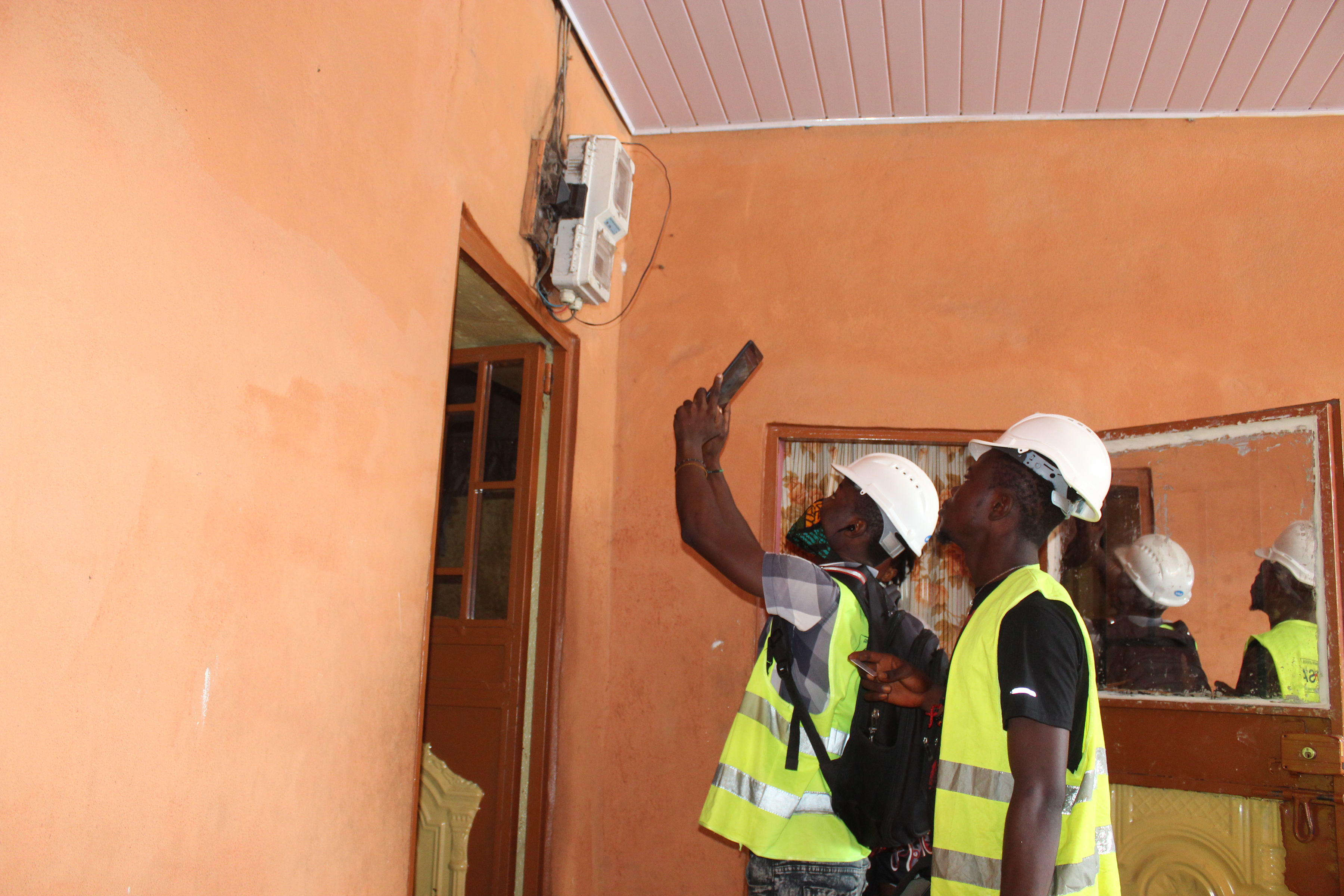
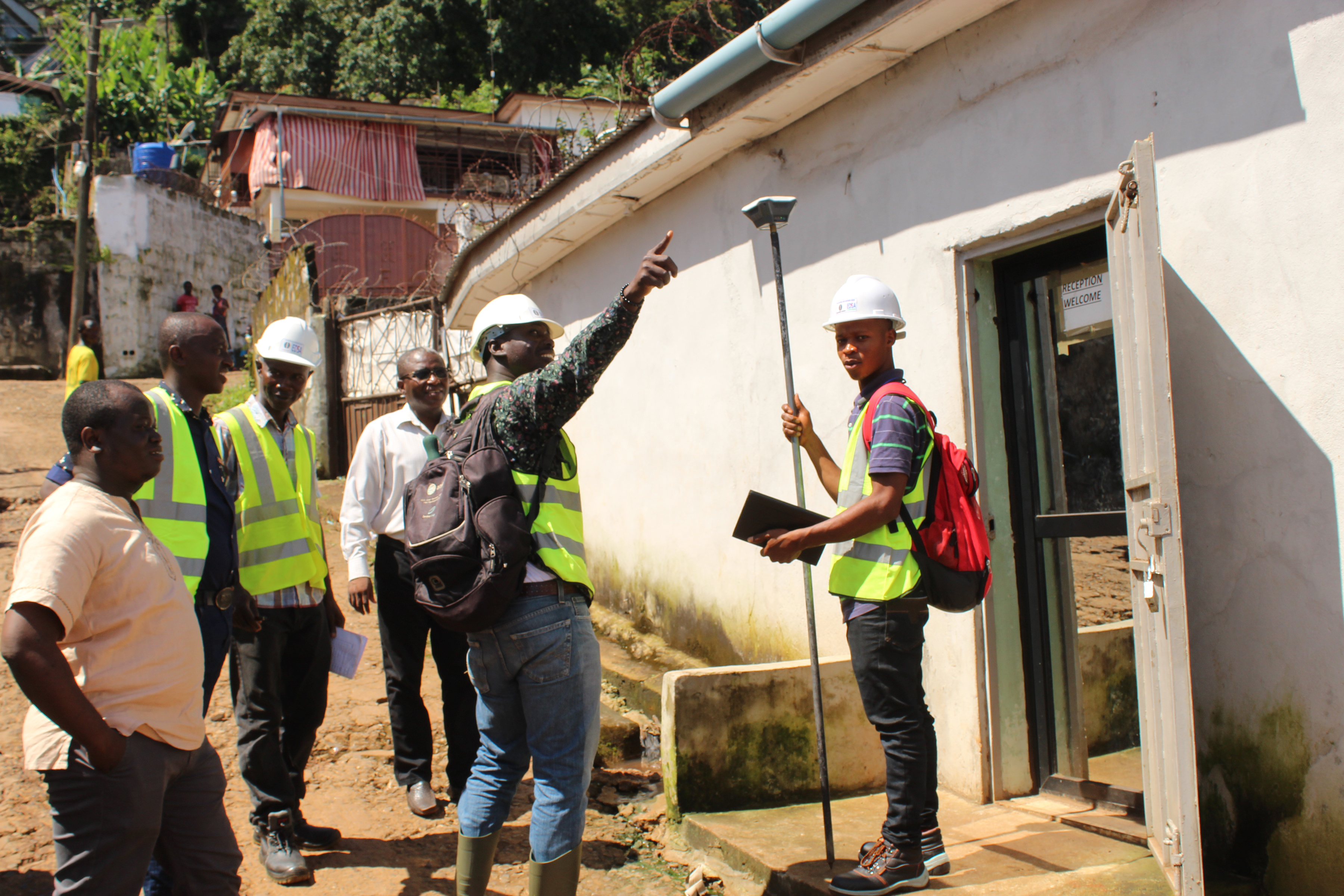
MCCU Sierra Leone
The Electricity Distribution and Supply Company’s (EDSA) GIS and Customer Census team collected customer meter information so EDSA can improve operational efficiency, reducing electricity losses, and respond to customer service needs.
Reform: The Groundwork for Sustainable Growth
Improving Regulatory Transparency
The threshold program was built on a foundation of policy reform, sector coordination, and operational management and has laid the groundwork for growth in both the electricity and water sectors. The program helped establish the Electricity and Water Regulatory Commission (EWRC), which has become an independent authority, bringing greater accountability and transparency for the people of Sierra Leone, in part through the development of a transparent approach to regulated tariff (price) setting. The tariff reforms adopted by the national electricity utility increased revenues by $1 million USD per month.
Three utilities and the EWRC also participated in an innovative and successful Results-Based Financing (RBF) pilot program that created incentives for performance improvements in planning, coordination, and operational and financial efficiency at the national water and electricity utilities.
Taken together, these reforms lay the groundwork for sustainable economic growth at a critical moment in Sierra Leone’s history.
Threshold Programs and The MCC Effect
MCC’s threshold programs are designed to assist promising candidate countries to become compact eligible by offering them the opportunity to demonstrate their commitment to just and democratic governance, economic freedom, and investments in their people.
Sierra Leone began engaging with MCC in 2006, when it passed just six indicators on MCC’s scorecard. In 2014, after many years of work by the Government of Sierra Leone to improve its MCC scorecard performance, MCC selected Sierra Leone for a threshold program.
Sierra Leone’s commitment to reform leading up to and during its threshold program exemplifies the “MCC Effect”—the incentivizing effect of MCC’s selection criteria.
Building a Prosperous Future Together
In 2019, Sierra Leone passed the MCC scorecard for the first time in eight years, and in 2020—after passing 13 indicators and passing the scorecard for the second year in a row —the country was selected to develop an MCC compact.
Compact selection is a milestone that represents the strong, successful partnership of Sierra Leone and MCC, and further demonstrates Sierra Leone’s commitment to sector reform, good governance, and economic growth. Improved access to water and electricity will change lives in Freetown and beyond, and a future compact will aim to empower the Government of Sierra Leone as it continues to build a more prosperous future for its people.

